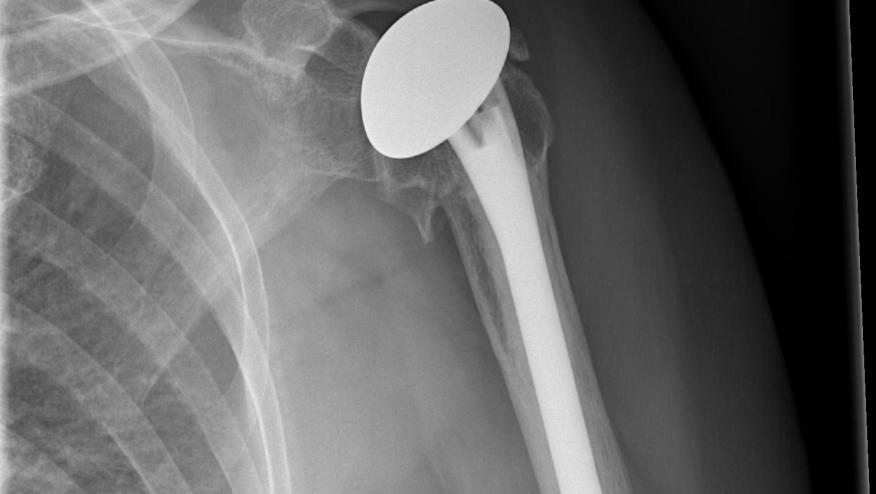Without DMARDS, Shoulder Arthroplasty Increasing in Rheumatoid Arthritis Save

The need for total shoulder arthroplasty (TSA) in rheumatoid arthritis (RA) patients appears to depend on the use of disease modifying antirheumatic drugs (DMARDs), according to Seminars in Arthroplasty.
This retrospective analysis of national claims data assessed TSA rates between 2011-2019 in RA patients with and without DMARD prescriptions. They also looked at TSA different types of TSA: anatomic (ATSA) and reverse (RTSA) in this patient population. Claims data included commercial insurance, Medicare, Medicaid, self-pay, government, claims information from over 122 million patients. They identified a total of 82,487 patients received a TSA procedure, including 1935 (2.35%) RA patients on DMARDs and 5153 (6.25%) RA patients without DMARD therapy.
In this time frame the overall the incidence of TSA among RA patients significantly increased from 303 (0.29%) to 1471 (0.48%) (mean [SD]; 787.56 [378.88]; CAGR = 6.49%; P<0.001). RA patients without DMARD had significantly more TSA than RA patients receiving DMARDs. The increase in TSA was seen in all age groups (<59, 60-69, and >70 years). Additionally, the incidences of RTSA significantly increased, ATSA were significantly decreased.
DMARD therapy may play a beneficial role in preventing or delaying the need for TSA in RA patients, especially in those younger than 59. These data suggest thta RTSA is the preferred treatment over ATSA among RA patients.










If you are a health practitioner, you may Login/Register to comment.
Due to the nature of these comment forums, only health practitioners are allowed to comment at this time.